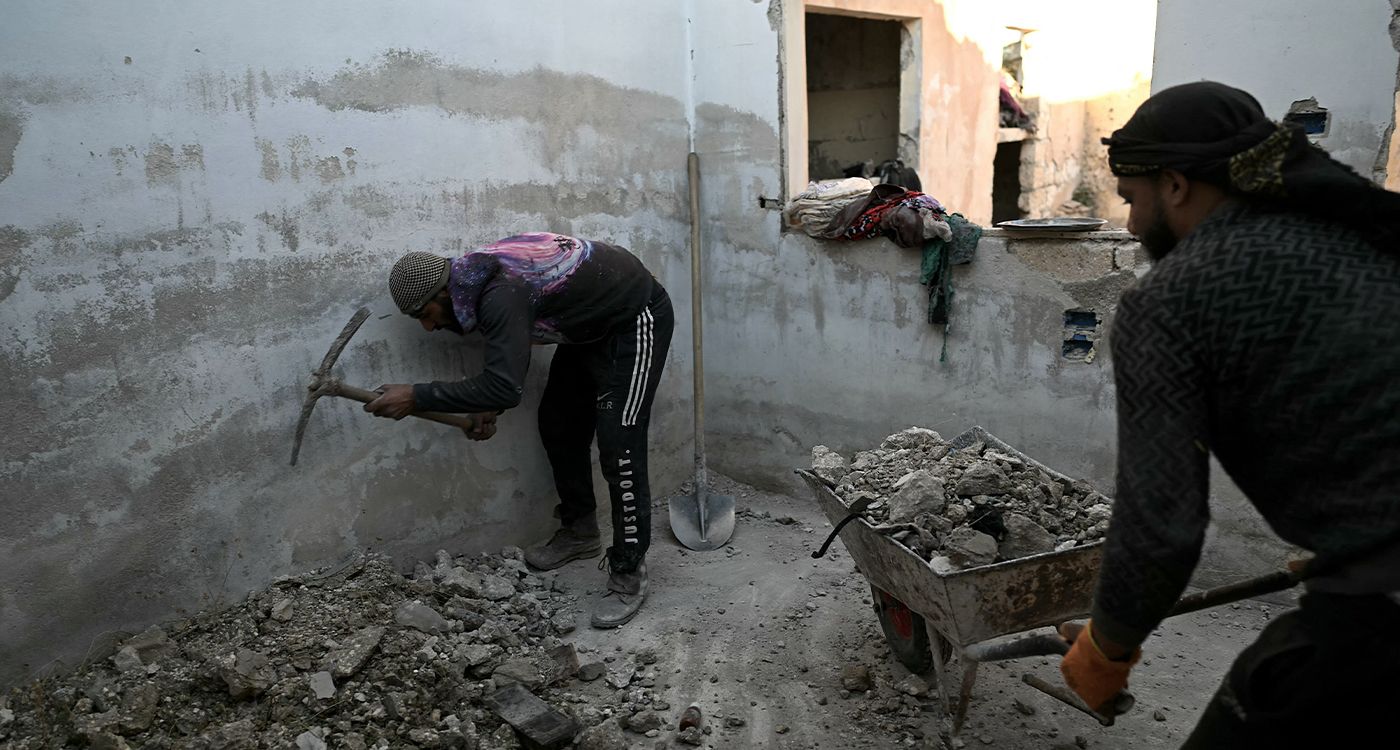
As Lebanon keeps waiting for an economic miracle – as well as electricity – Syria seems to have found a way forward. Thanks to unexpected support from Qatar and Saudi Arabia, Damascus may soon jumpstart its reconstruction, while Beirut continues to spin its wheels. Against all odds, could Syria cross the finish line before the Land of the Cedars?
As the Lebanese endure rolling blackouts, relentless crises and a daily reality that often borders on the absurd, a piece of unexpected news has prompted a collective raised eyebrow – or two: Syria might well be rebuilt before Lebanon. Yes, you read that correctly.
On Sunday, April 27, in a move as symbolic as it was strategic, Saudi Arabia and Qatar announced they would cover Syria’s debt to the World Bank. The overall bill: around $15 million. A modest sum by international investment standards, but a giant step for a country whose arrears had blocked any official World Bank support for the past 14 years.
The joint statement, carried by the Saudi Press Agency (SPA), said the decision would “pave the way for the resumption of World Bank Group support and operations in Syria.” In other words, a potential wave of reconstruction projects, fresh funding, and the return of major international institutions that had pulled out of the country since the conflict began in 2011.
Furthermore, this will allow Damascus to access short-term financing in critical sectors. And they are plentiful: nearly 14 years of war have left the country battered, with destroyed infrastructure, public services at a standstill and chronic electricity shortages... Post-Assad Syria is almost starting from scratch.
The timing is no coincidence. Just a few days earlier, Syria’s central bank governor and finance minister attended the spring meetings of the International Monetary Fund (IMF) and World Bank. It was the first time in over twenty years – a clear signal that Syria is attempting to reintegrate into the global economic fold.
Meanwhile, in Beirut…
While Syria outlines its reconstruction plans, Lebanon remains stuck in an endless crisis. Reforms? On hold. Aid? Still pending
. The World Bank? Present, but cautious. And the political leaders? Still tangled in endless disputes, while the coffers run dry and citizens perfect the art of doing more with less.
The irony of it all is that Lebanon, once known as the “Switzerland of the Middle East,” may watch its neighbor pull itself out of the crisis while it continues to sink deeper. In Beirut, this burden still weighs heavily on the shoulders of the citizens, with no brotherly state rushing to erase the debts.
There remains, of course, a lingering issue for Syria: United States sanctions, still in effect despite some humanitarian exceptions. However, in Damascus, there’s a prevailing belief that the worst is over. In Beirut? It’s unclear whether the worst has even begun to unfold.
If Lebanon hopes to avoid being left behind despite once having all the advantages, it will need a solid recovery plan, bold reforms and, perhaps, a few allies as committed as those of Syria. Meanwhile, Lebanese citizens should not be surprised to see their neighbors reviving construction projects while they are still figuring out how to even start.
After all, when people say anything is possible in the Middle East… they are only half-joking.




Comments